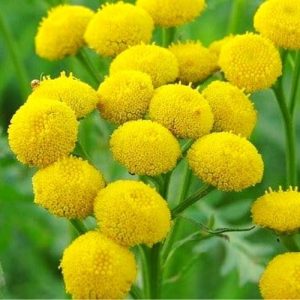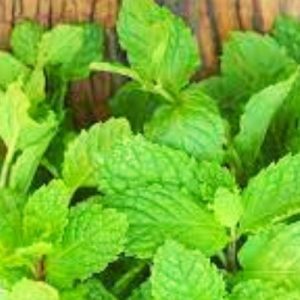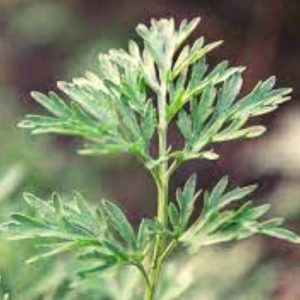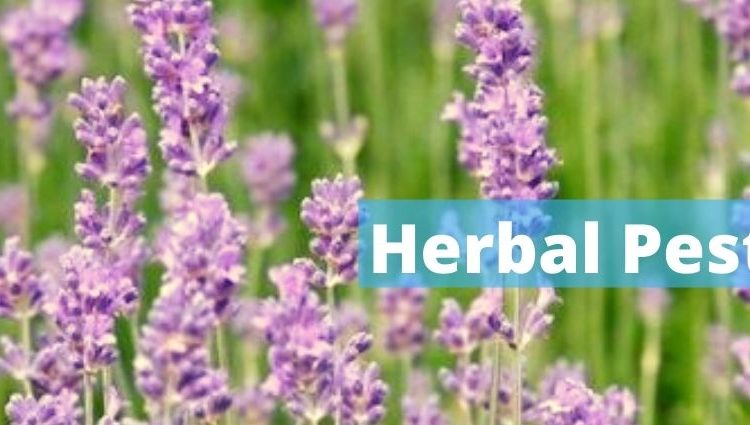It makes sense to use herbal pest control instead of chemicals in areas where food is stored or prepared. Parents and pet owners should also consider using herbs instead of chemicals when children and pets have the potential to be exposed to pest control. Care should still be taken to ensure that the children and pets won’t ingest any herbs that may be harmful.
Herbal pest control works because the insects or rodents are repelled by certain scents. Different scents work for different pests. Herbs can be used inside and outside of the home to be effective as pest control.

Herbal Ant Repellant
According to The Forgotten Arts: Growing, Gardening & Cooking with Herbs (Yankee Publishing, 1972), tansy has a slightly strong, medicinal odor that is effective at repelling ants. Growing tansy outdoors will keep ants away from the garden or other areas where they are a nuisance.
The Reader’s Digest Home Handbook: Herbs (RD Association, 1990) suggests that sprigs of tansy be used on shelves and in cupboards to discourage ants. Rearrange the leaves periodically to release more of the medicinal scent. Replace with fresh sprigs when the tansy looses its effectiveness.
Check Out: Green Home Pest Control Methods

Herbal Pest Control for Mice
Mice can be particularly difficult to control in the cool months. Nobody wants mice in the kitchen, but they are naturally drawn to the warmth and the food. The Reader’s Digest book advises those with a mouse problem use mint. A strong, mint scent is particularly effective at repelling mice. Keep fresh sprigs of mint in cupboards and drawers that tend to attract mice. Mint-scented products may also help. Try keeping a tin of peppermint Altoids in a mouse-prone area.
Check Out: 5 Homemade Organic Bug Sprays
 Natural Herbal Pest Control for Moths
Natural Herbal Pest Control for Moths
Pantry moths and moths that eat clothing are both troublesome pests. Moth balls are dangerous and should never be used in the home or kept near food. The U.S. Environmental Protection Agency states that naphthalene, the active ingredient in moth balls, is hazardous and is associated with liver and neurological damage.
Instead of moth balls, the author of The Forgotten Arts suggests tansy, wormwood, lavender, peppermint or curly mint be used to repel moths. Make a sachet out of individual herbs or place a mixture of all the recommended herbs together for effective pest control. Freshen the sachet occasionally for a greater effect.
Ants, mice and moths are common pests that most people deal with in their home at some time. Look for natural, herbal solutions to pest control instead of reaching for chemical pesticides.



Comments are closed, but trackbacks and pingbacks are open.